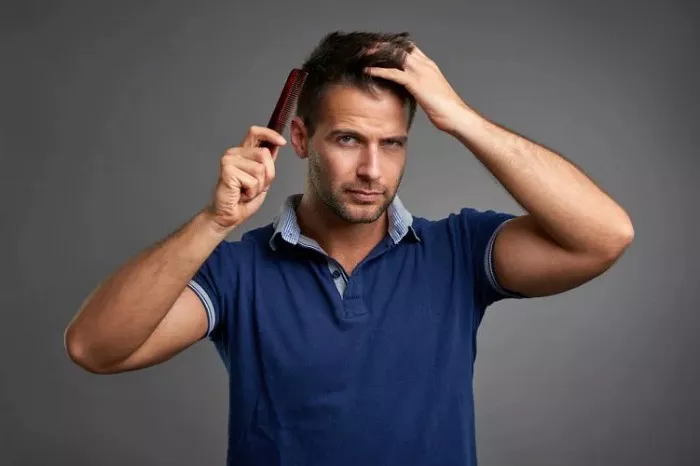Hair removal is rapidly gaining popularity among Japanese men, marking a significant shift in traditional grooming norms. Market data shows the industry has nearly doubled in size over the past five years, with men driving much of the growth.
According to the Hot Pepper Beauty Academy, operated by Recruit Holdings Co., Japan’s hair removal market is projected to reach ¥63.5 billion (about $436 million) in 2024. This is a steep rise from ¥37.7 billion in 2019. While the market dipped slightly in 2020 due to the pandemic, it has grown consistently since 2021.
Interestingly, while the female segment has slowed, male demand continues to rise.
The trend took off during the COVID-19 pandemic, with many men becoming more conscious of facial hair while wearing masks. A 2021 survey by Men’s TBC, a major men’s grooming salon, found that 28.2% of customers wanted to avoid the hassle of shaving, and 13.4% disliked the “blue shadow” left behind after shaving.
TBC Group spokesperson Takahiro Oyama explained that mask use made many men more aware of their appearance. “Many clients said wearing masks prompted them to visit,” he said.
Yet the trend has persisted even after COVID-19 restrictions were eased. Oyama believes the lasting appeal is tied to changing attitudes about self-care. “More men, especially younger ones, are choosing to invest in themselves,” he said. “Hair removal is now widely accepted.”
A sociology seminar at Ritsumeikan University also explored the rise in male hair removal. Team member Sawa Yonekura launched the project after her own experience with a women’s salon that went out of business, leading her to question the societal pressure to remove hair.
The team surveyed 107 people aged in their teens to 30s. More than half had undergone hair removal, with men making up about 30% of that group.
One participant, Tomoyuki Abe, said he became self-conscious about his appearance during online classes and began to take more selfies. He now uses BeReal, a social media app that promotes unfiltered photos, and says he wants to “look clean and fresh.”
Social media is playing a major role in the trend. Out of the 107 survey participants, 101 said their interest in hair removal began after seeing ads online.
Kimio Ito, professor emeritus at Kyoto University and a gender studies expert, sees this shift as part of a broader cultural change.
“More men are thinking less about how society sees them and more about who they want to be,” Ito said. “They are moving beyond old ideas of masculinity. Hair removal is just one way people are now choosing to express themselves.”


